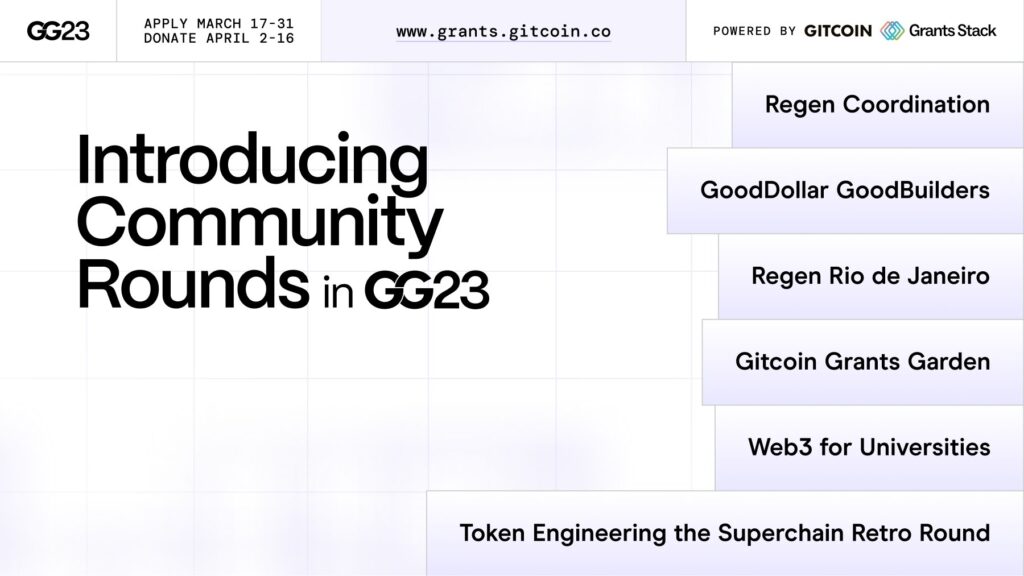Gitcoin has announced 6 community rounds and web3 for universities is a round handled by B<>rder/ess, a community-driven initiative designed to foster blockchain education and innovation in African universities.
With a total matching pool of $33,000, this round is powered by key contributions from across the Web3 space. Borderless secured $21,000 from Gitcoin’s Community Round, reinforcing its commitment to grassroots education.
Additionally, Gitcoin co-founder Owocki contributed an extra $5,000, further amplifying the resources available to grantees. Recognizing the significance of decentralized finance and blockchain inclusion, Celo Blockchain is supporting the round with $2,000, helping to extend the impact of this initiative to more students and developers.
An additional $5,000 from B<>rder/ess Treasury brings the pool to its final total, ensuring that more high-impact projects receive the funding they need.
Through this grant round, Borderless Dev Hub will support projects that focus on educating and onboarding students into Web3 via workshops, boot camps, and hackathons. In addition, grantees will work on building open-source blockchain tools and educational resources to drive innovation across African universities.
The initiative will also encourage community-driven engagement through tech meetups and GG donation activations, ensuring that blockchain education is not only accessible but also deeply integrated into university ecosystems. Eligible applicants include:
- Web3 University Tech Clubs
- Student developers working on open-source projects
- Web3 contributors and creatives
- Tutors and administrators leading blockchain education initiatives
A key aspect of the program is to showcase real-world blockchain applications through both creative and technical presentations, providing students and contributors with the platform to share their work with a broader audience, while also strengthening local ecosystems.
Funding Technique
Leveraging Quadratic Funding, “Web3 for Universities” will ensure that funding distribution is community-driven, allowing the broader ecosystem to determine which projects receive the most support rather than relying on a few large donors. This approach helps smaller, high-impact projects gain recognition and funding, fostering more decentralized and inclusive growth within the Web3 education space.
Using onchain attestations, the initiative will standardize reporting for grantees, ensuring that funds are used effectively and that educational programs have tangible outcomes. Grantees will be required to provide both qualitative and quantitative evidence of their activities, reinforcing the importance of accountability and measurable success.
Go here to see the eligibility criteria and apply. To learn more about the “Web3 for Universities” grant round, apply for funding, or contribute to the matching pool, click here.

